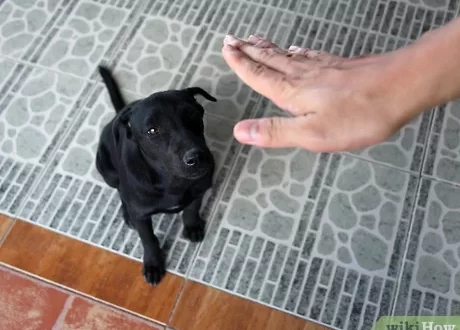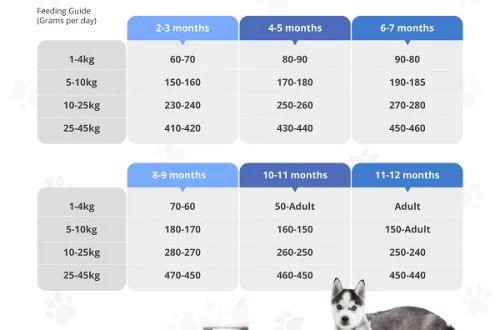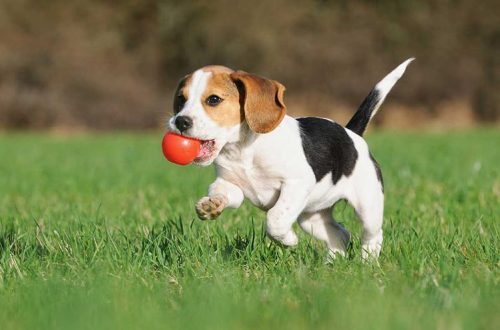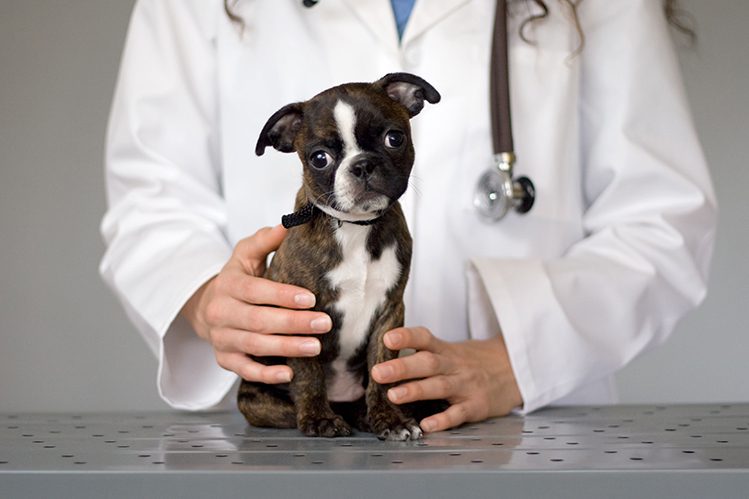
When to vaccinate a puppy?
At what age are puppies vaccinated and how important is vaccination? Every dog owner should know the answer to this question. It is not only about protecting your pet from infections, but also about saving his life, as well as the safety of others. Do not forget that rabies is still a deadly disease, and its carriers – wild animals – constantly live in the neighborhood of human dwellings. This means that they can potentially spread the infection in the habitat of our pets, contact with them. Only timely vaccination is a reliable protection against rabies. Only timely vaccination is a reliable protection against rabies.
By getting a puppy, we take responsibility for his health, so you should never neglect vaccination. To date, vaccination is the most effective, reliable and convenient method of protection against infectious diseases. Let’s see how it works.
Vaccination is the introduction of a killed or weakened antigen (the so-called pathogen) into the body so that the immune system adapts to it and learns to fight it. After the introduction of the antigen, the body begins to produce antibodies to destroy it, but this process is not instantaneous, but takes from several days to several weeks. If after some time the pathogen enters the body again, the immune system, already familiar with it, will meet it with ready-made antibodies and destroy it, preventing it from multiplying.
Unfortunately, vaccination does not give a 100% guarantee that the animal will not get sick. However, it allows you to minimize the likelihood of infection. And if infection does occur, it will greatly facilitate the tolerability of the disease.
Vaccination of puppies, like adult dogs, will be effective only if a number of rules are followed. They need to be taken into account.
Vaccination is carried out only in strong, healthy animals with strong immunity. Any, even the slightest ailment: a small cut, indigestion, or a slight injury to a paw or other part of the body is a reason to postpone vaccination.
Vaccination is not carried out with a weakened immune system. A weakened immune system cannot fully fight the antigen, and there is a high risk that the animal will recover from the disease for which it was vaccinated. Therefore, if your pet has recently been ill or has suffered severe stress, it is better to postpone the vaccination.
10 days before vaccination, the pet must be dewormed. Otherwise, a weakened immune system due to infection with parasites will not be able to produce antibodies in the right amount and protect the body from infection.
After vaccination, it is imperative to help the puppy’s body restore immune defenses and establish a digestive process. To do this, it is good to add prebiotics to the puppy’s diet (for example, in the form of VIYO prebiotic drinks), which nourish the puppy’s own intestinal microflora and help restore the “correct” colonies, i.e. their own, beneficial bacteria, so necessary for the immune system to function properly.
Vaccination should be carried out regularly. In order to protect a puppy from diseases, it is not enough to carry out one vaccination at an early age. The first revaccination, that is, re-vaccination, should be done after 21 days. Further, after the quarantine period (10-15 days), as a rule, antibodies circulate in the blood for about 12 months, so further revaccination should be carried out annually.

6-8 weeks – the first vaccination of a puppy against canine distemper, parvovirus enteritis. Also, if there is a threat of infection at this age, vaccination against leptospirosis and kennel cough (bordetellosis) can be carried out.
10 weeks – vaccination against plague, hepatitis, parvovirus infection, parainfluenza, re-vaccination against leptospirosis.
12 weeks – re-vaccination (revaccination) against plague, hepatitis, parvovirus infection and parainfluenza. Leptospirosis vaccination is given if the first vaccination was given at 8 weeks of age or older.
At 12 weeks, the puppy must be vaccinated against rabies (at the legislative level, a rule has been approved that vaccination of a puppy against rabies is not allowed before 12 weeks). Further revaccination against rabies is carried out annually.
1st year – vaccination against plague, hepatitis, parvovirus infection, parainfluenza, leptospirosis, infectious cough and rabies.
In adulthood, vaccinations for animals are also done according to the scheme.
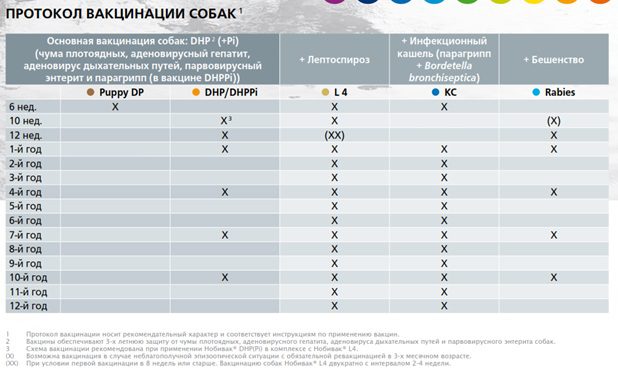
The most popular quality assurance vaccines are MSD (Netherlands) and Boehringer Ingelheim (France). They are used in modern veterinary clinics around the world.
The letters in the names of the vaccines indicate the disease with which the composition is designed to fight. For example:
D – plague
L is leptospirosis
P – parvovirus infection
Pi – parainfluenza
H – hepatitis, adenovirus
K – Bordetellez
C – parainfluenza.
Vaccination is a serious process, from which we expect maximum efficiency, it is categorically not recommended to use outdated drugs and neglect the rules of vaccination. We are talking about the health and life of our wards!
After vaccination (during the quarantine period), the animal may experience weakness, apathy, loss of appetite and indigestion. This is no reason to sound the alarm. A pet in such a period just needs help, provide peace, comfort and add prebiotics to the diet to restore digestion and immunity.
Be careful and take care of your pets!



